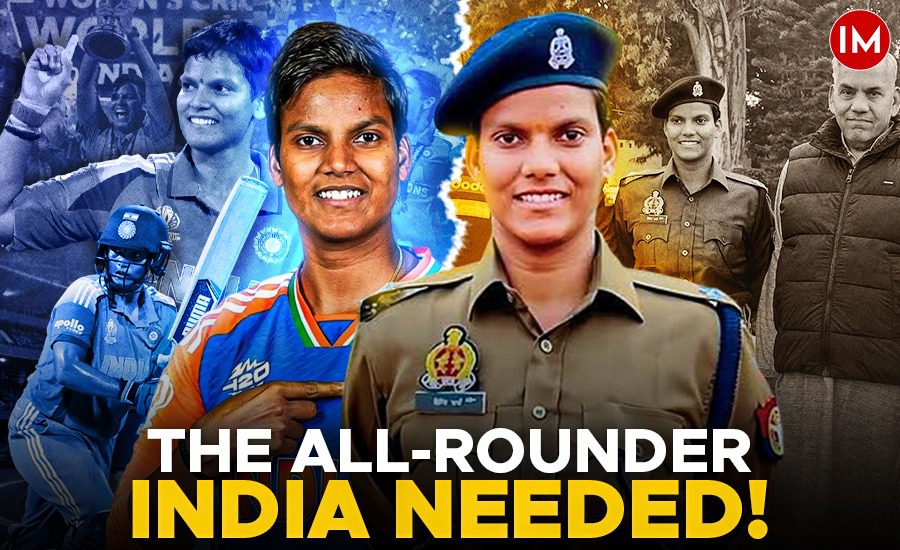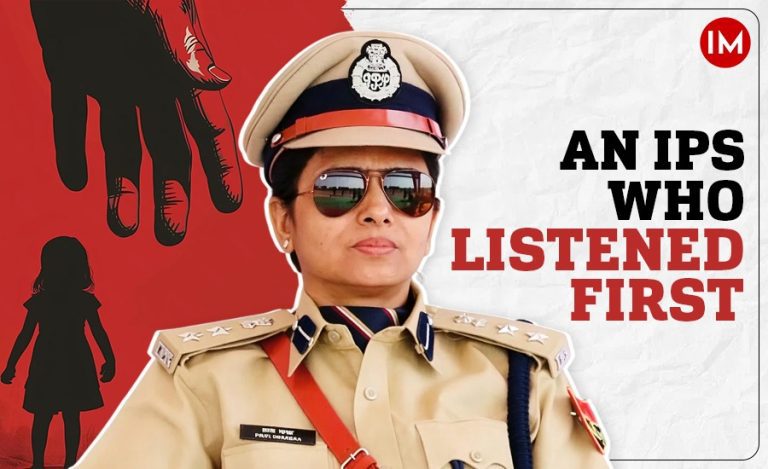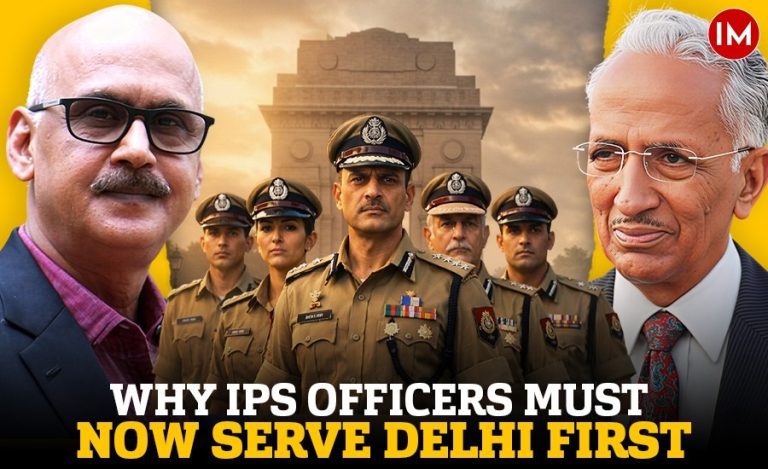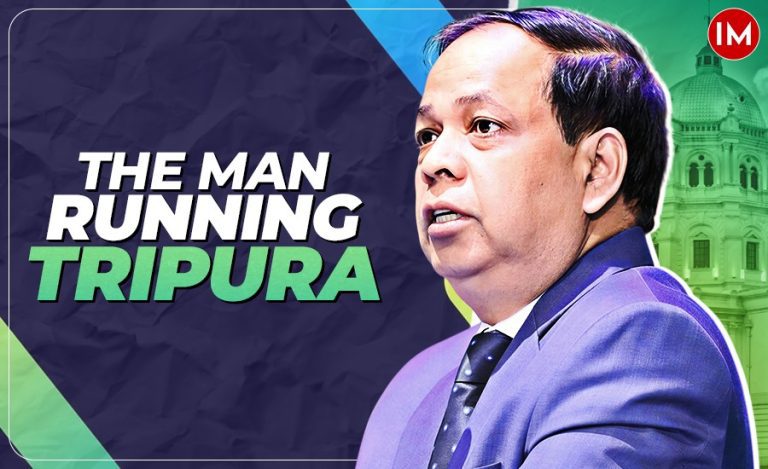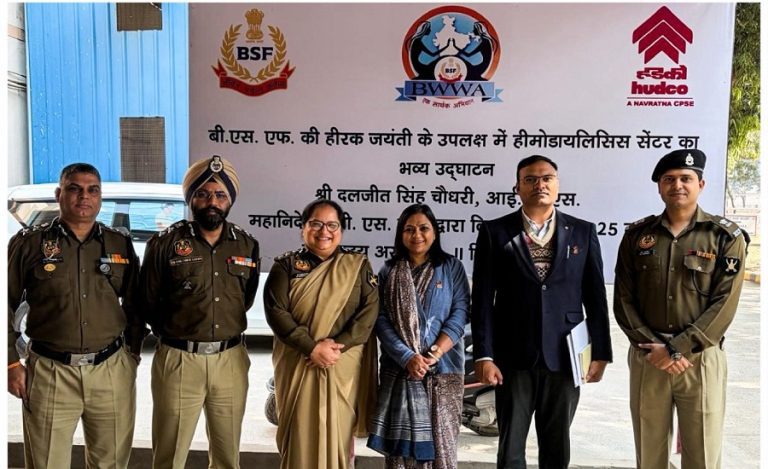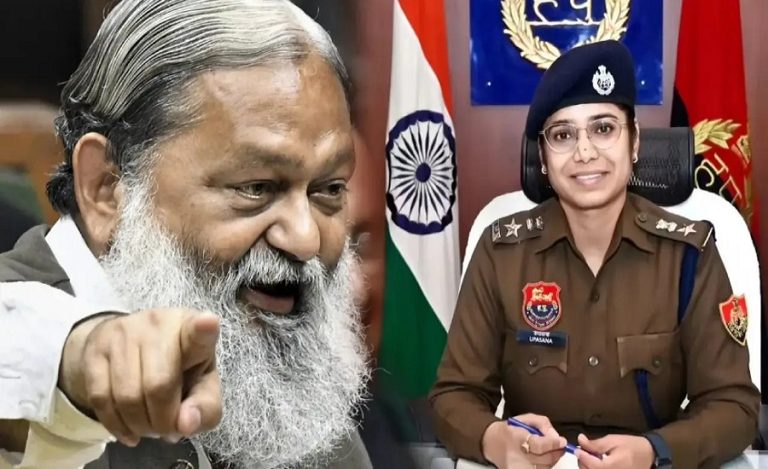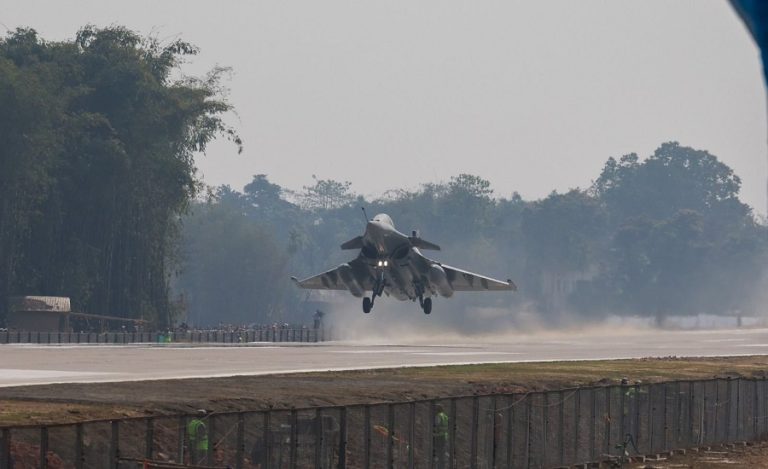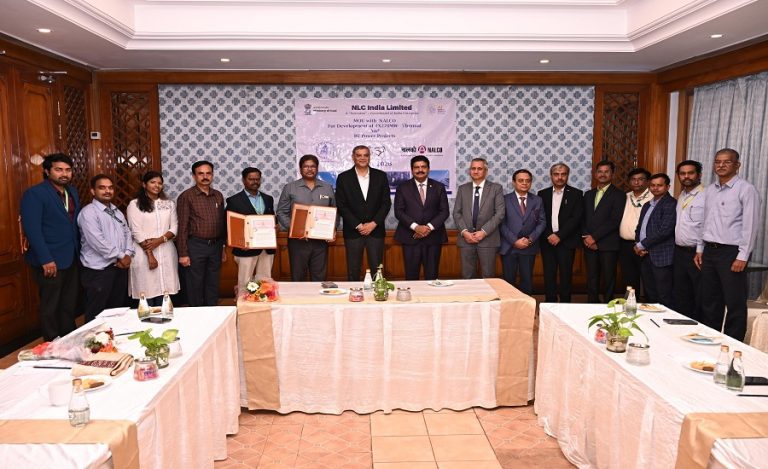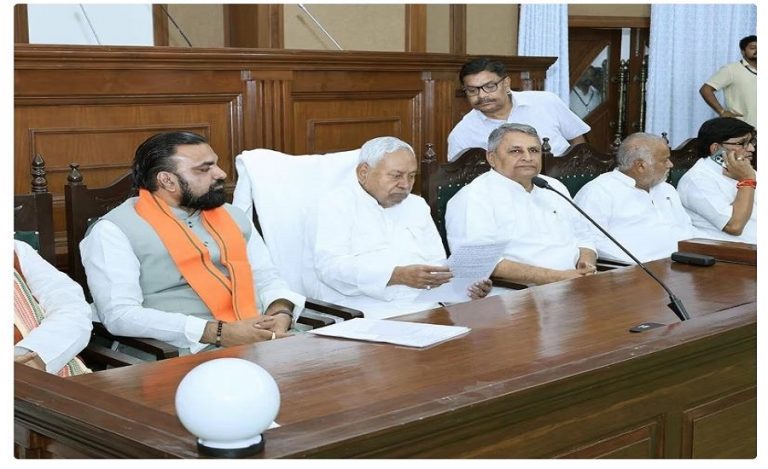When Indian cricket fans speak of dependable performers, Deepti Sharma’s name surfaces with instinctive pride. Calm, composed, unflashy yet fiercely effective — she is the kind of cricketer every captain wants in crunch moments. And yesterday, when India’s women created history by lifting their maiden ICC Women’s Cricket World Cup, Deepti stood at the heart of that triumph—as Player of the Tournament. Her journey from the narrow lanes of Agra to becoming India’s ace all-rounder and now a Deputy Superintendent of Police (DSP) in Uttar Pradesh is a story of talent sharpened with discipline, sacrifice, and belief.
As the final whistle sealed India’s historic win, celebrations erupted in her home. Her mother, Sushila Sharma, couldn’t hold back her emotions. Chanting “India! Bharat Mata ki Jai!” she said with pride,
“Deepti has performed very well. She has stood up to our expectations. She has made the country proud… I want to congratulate the whole team and the country. She has fulfilled the dream of the entire nation.”
A CHILDHOOD SPARK THAT LIT A LIFELONG FIRE
Born on 24 August 1997 in Shamsabad, Agra, Deepti grew up in a family rooted in education and public service. Her father, Bhagwan Sharma, worked with the Indian Railways, while her mother was a school principal. In a family that largely preferred academic careers, the idea of a girl playing cricket professionally was unusual.
Yet destiny intervened early. At just eight, Deepti accompanied her elder brother, Sumit Sharma, to watch him train. One day, a stray ball rolled towards her — and she hurled it back with such precision and power that it instantly caught the eye of former India cricketer Hemlata Kala. That single throw changed the direction of her life.
Sumit soon became her first coach, mentor, and biggest believer. Deepti began as a medium pacer but transitioned to off-spin on Sumit’s advice, who believed India needed a dependable all-rounder who could contribute across formats. That decision turned out to be game-changing.
A FAMILY THAT CHOSE COURAGE OVER CONVENTION
The journey wasn’t easy. Long travel to stadiums, financial limitations, and societal pressure made cricket seem an unrealistic choice. “Cricket is a boy’s sport,” people would tell her parents. But her family stayed unwavering.
The most defining sacrifice came from Sumit. After completing his MBA and securing a stable job, he chose to resign so he could coach Deepti full-time—a decision many called impractical. He asked his father for two years:
“If I fail, I’ll go back to work. But if God wills it, she will play for India.”
Those two years changed everything.
Cap FROM AGRA TO THE INDIAN CAP
Deepti’s rise through domestic cricket was rapid. At 12, she made it to Uttar Pradesh’s state team. At 17, she was selected for Team India. She made her ODI debut against South Africa in 2014, her T20I debut in 2016, and her Test debut against England in 2021.
Her landmark knocks and clutch spells soon made her indispensable. The 2017 world-record 320-run opening stand with Poonam Raut, powered by Deepti’s 188, is still remembered as one of the greatest ODI performances in women’s cricket.
Over the years, she became India’s crisis solver — the player who absorbs pressure, steadies the team, and lifts them when the match hangs in the balance. By 18, she already had a six-wicket ODI haul. In the 2025 World Cup, she became the first player (male or female) to score 200+ runs and take 15 wickets in a single edition of the tournament—a feat that crowned her as the Player of the Tournament.
She is also the first Indian woman to take 100 wickets in T20Is and the first Indian bowler to claim a WPL hat-trick, achieved while playing for UP Warriorz.
For her achievements, she received the Arjuna Award in 2020.
A COLONY THAT TURNED INTO A LANDMARK
In Agra’s Avadhpuri Colony, Deepti’s success is not just celebrated — it has shaped the identity of the neighbourhood. The lane leading to her house is now named “Arjuna Awardee Cricketer Deepti Sharma Marg.” What was once an ordinary residential area is now a landmark. Residents proudly say, “We live near Deepti’s house,” symbolising how her success uplifted the pride of the entire community.
THE DSP UNIFORM
In addition to her cricketing heroics, Deepti’s commitment to discipline and dedication earned her yet another honour — her appointment as Deputy Superintendent of Police (DSP) in the UP Police. This mirrors the path of sporting icons like MS Dhoni and Mohammed Siraj, who serve the Nation beyond the cricket field.
Her entry into the police force represents more than a ceremonial post — it stands as a message that excellence in sports can lead to leadership roles in public service.
THE SYMBOL OF A CHANGING INDIA
Despite the fame, Deepti remains rooted in humility. She values family above all and credits her mother for emotional strength and her brother for her career. Beloved in the dressing room for her simplicity and quiet determination, she carries herself with grace and responsibility — a role model for every young girl who dreams differently.
She broke barriers not just in sport but also in social mindsets that once discouraged girls from pursuing unconventional careers.
From a little girl sneaking out to watch her brother train to becoming the backbone of India’s World Cup triumph and earning a police star on her shoulder — her journey is a testament that dreams require courage, sacrifice, and resilience.
Deepti Sharma is not just an all-rounder or a DSP — she is a symbol of possibility, inspiring countless young Indians to rise beyond expectations and aim beyond boundaries.

